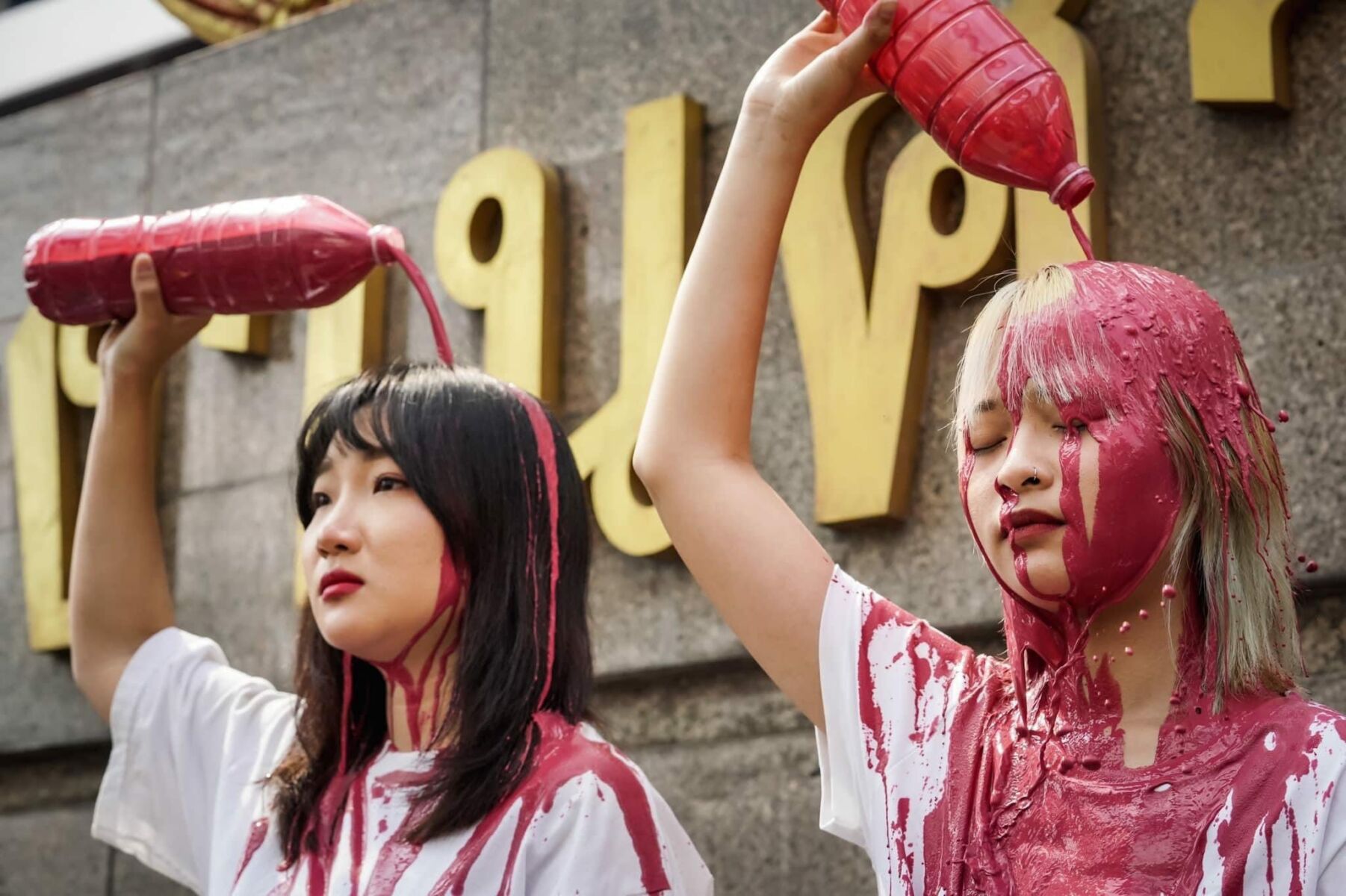Thai Parliament authorises lese majeste law changes, including the word ‘monarchy’

In a move that could see even more people prosecuted for insulting the Thai monarchy, the far-right Thai Pakdee Party has been given the green light to gather signatures for proposed changes to the lese majeste laws.
The changes would expand the definition of those protected by the law to include former Thai kings of the current Chakri Dynasty, princes and princesses with the rank of Pra Ong Chao or above, and the word “monarchy” itself, reported Prachatai English.
The proposal, which has already been authorised by Parliament, is seen as a victory for ultraroyalists, who have long sought to broaden the scope of the law. However, opposition parties have been met with obstacles when trying to debate the law, and political activists continue to protest against it.
Warong Dechgitvigrom, the leader of the far-right Thai Pakdee Party, and his associates submitted a request on January 18 which was approved on February 7. In accordance with the current constitution, any petition must contain at least 10,000 signatures before being considered by the House of Representatives.
Additionally, Warong made a commitment that if his party’s MP candidates are elected to the next parliament, they will modify the Code of Conduct for MPs to prevent them from utilising their authority as a means of obtaining bail for political activists.
Parliament has declared that eligible voters and campaigners can request the Secretariat of the House of Representatives to obtain documentation directly from the signatories. However, Warong urged his supporters to submit documents to the Thai Pakdee Party’s office.

Despite Parliament’s support for ultraroyalist attempts to extend Section 112, opposition party MPs frequently encounter obstacles while attempting to discuss the law. Furthermore, a number of political activists have resorted to prolonged hunger strikes and sleep deprivation to demand the right to bail.
Amarat Chokepamitkul, a member of the Move Forward Party, expressed her dissatisfaction with Chuan Leekpai, the Speaker of the House, for excluding her party’s motion to limit the scope of Section 112 from the parliamentary agenda.
On February 1, during her argument that the lèse-majesté law, like any other law, can be discussed, amended or abolished, Chuan switched off her microphone, warning her to be cautious not to violate the monarchy.
In mid-February, a royalist activist lodged a complaint against 14 year old Thanalop, who had been repeatedly harassed by the police, leading to her becoming the youngest person in Thailand to be charged with royal defamation.
Opposition parties are divided on the issue, with the largest opposition party, Pheu Thai, claiming that the issue is primarily with the implementation of the law and that it could be addressed by executive order if they win a “landslide” victory in the next general election.
The Move Forward Party has proposed an amendment that would decrease penalties and limit who can file charges. However, these proposals do not meet the activists’ demands for the law’s abolition.
Thai Lawyers for Human Rights (TLHR) reported that Thailand has seen 135 royal defamation charges brought by the authorities and 114 brought by ordinary civilians since the use of lèse majesté law was reinstated in the aftermath of pro-democracy protests in 2020.

Latest Thailand News
Follow The Thaiger on Google News:


























